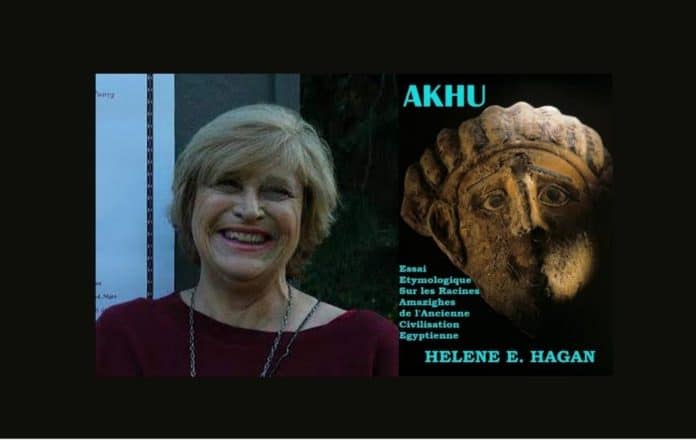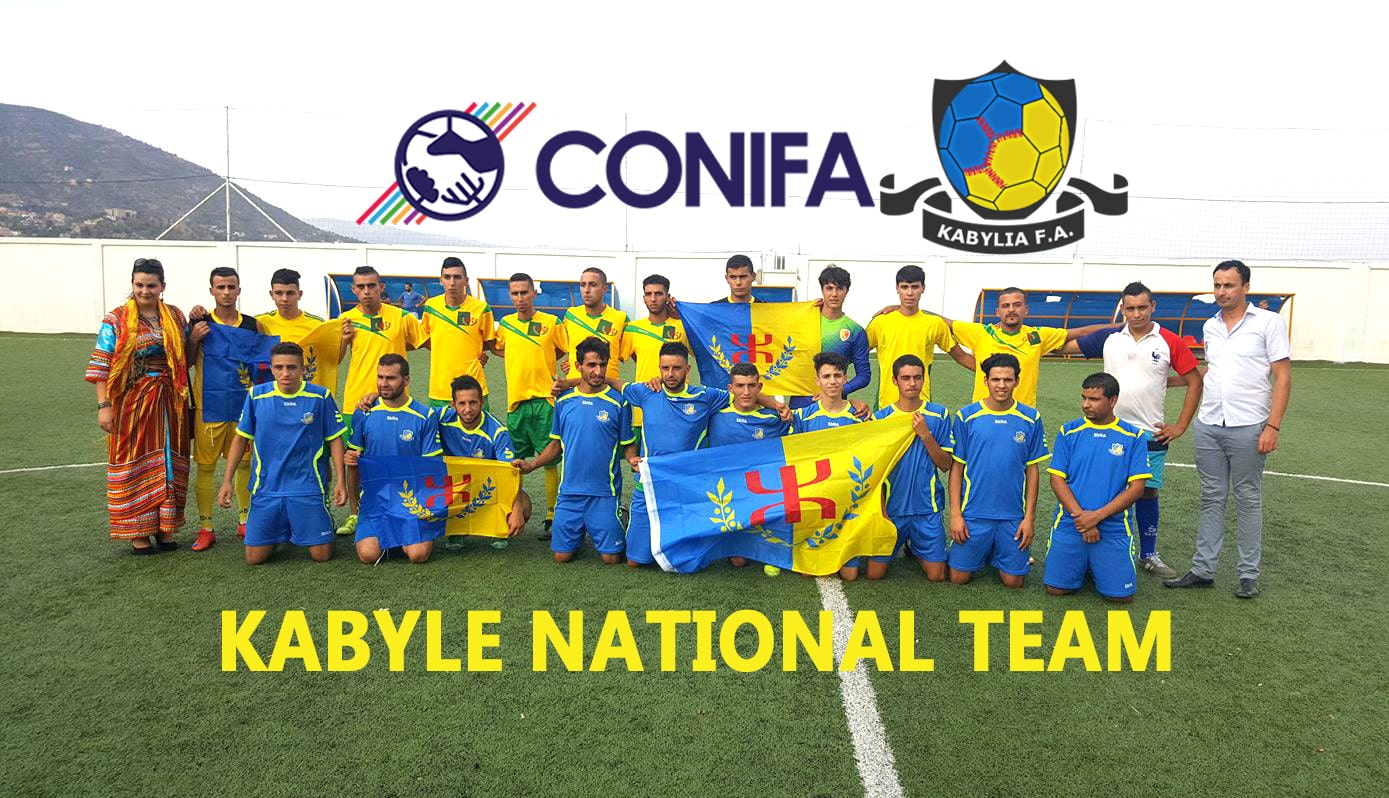Helene E. Hagan, an American anthropologist and Amazigh activist, recently published Akhu: An Etymological Essay on the Amazigh Roots of Egyptian Civilization.
The prologue to this essay sets the tone for the ensuing study, demonstrating the very certain need to examine the close links between ancient Egyptian civilization and the Berber cultures of North Africa and the Sahara. The introduction indicates the need to begin this investigation with the archaeology of the early days of habitation on the west bank of the Nile, the western region of the Delta, that of the Fayum and of the oases, a northwest territorial area important to the development of all Egyptian civilization.
A first chapter examines the origins of these diverse settlements and their relationship with Libyan and North African groups. This chapter is followed by a study of the beliefs and customs of the Pillar peoples (‘Intui’) who worshipped their ancestors and had a very great influence on the totality of Egyptian civilization of all times. Ancestor worship as well as several other major aspects of their mythology such as astrolatry relate them to the Imazighen (Berbers) of North Africa.
The Sacred Sovereigns, or First Princes of Egypt, who preceded the first dynasties of kings, were Libyan Chiefs. They commanded the various groups of tribes known collectively as ‘Rekhy’; and instituted the various cults of primordial deities, most of which had their origins in North Africa, such as the Solar Ram, the great goddess of Sais Neith, the primordial God Amun, the great desert god & Her with the Mighty Arm”;, the goddess immensely worshipped over the centuries Hat-Hor, the Sacred Cow, and the Warrior Bull God Gurzil of the oases, worshipped by the Berbers of North Africa.
In the chapter on the God Tehuti, Time and the Stars, the creation of calendars according to cosmological data and the entire Egyptian astronomy are attributed to notions whose roots and parallels still existing in some Amazigh beliefs of North Africa are irrefutable. The
final chapter of this essay completes the funerary journey through the earthly geography and the stellar universe of a Du-at populated by Resplendent Ancestors, Blessed Beings or “AKHU’.
Helene has written numerous newspaper and magazine articles on a variety of subjects during her career as an activist anthropologist, four anthropological books on Berber (Amazigh) culture and filmed, edited and produced over fifty community service television programs on a variety of topics related to American Indian and Amazigh (Berber and Tuareg) culture, arts, and human right issues, through Amazigh Video Productions.


















Greetings. Three points:
1. thank you for this article.
2. the ancient egyptian term for tribes is not “Rekhy” but “Rekhit”
3. A very important question of identity: I am presented here as an american anthropologist. It does not reflect my true identity. I consider myself first and foremost a French scholar born in Morocco of a Jewish Berber mother from Algeria, and a Catalan father. My verified mediterranean ancestries are extremely old. I was schooled in Morocco (Lala Aicha Lycee of Rabat) in Classical Studies , earning 2 Baccalaureates with Honors in French/Latin/Greek and Philosophy, and a License-es-Lettres from the University of Bordeaux in English Literature, also with Honors. I first entered the USA with a student visa in 1959, and over the years was able to obtain two graduate degrees from Stanford University , a top university, one in French and Education and the other in Psychological Anthropology, due to my impeccable academic credentials. I am essentially a North African immigrant to the US, with strong ancestral and family ties to Tunisia, Algeria, Morocco and my Catalan fatherland.